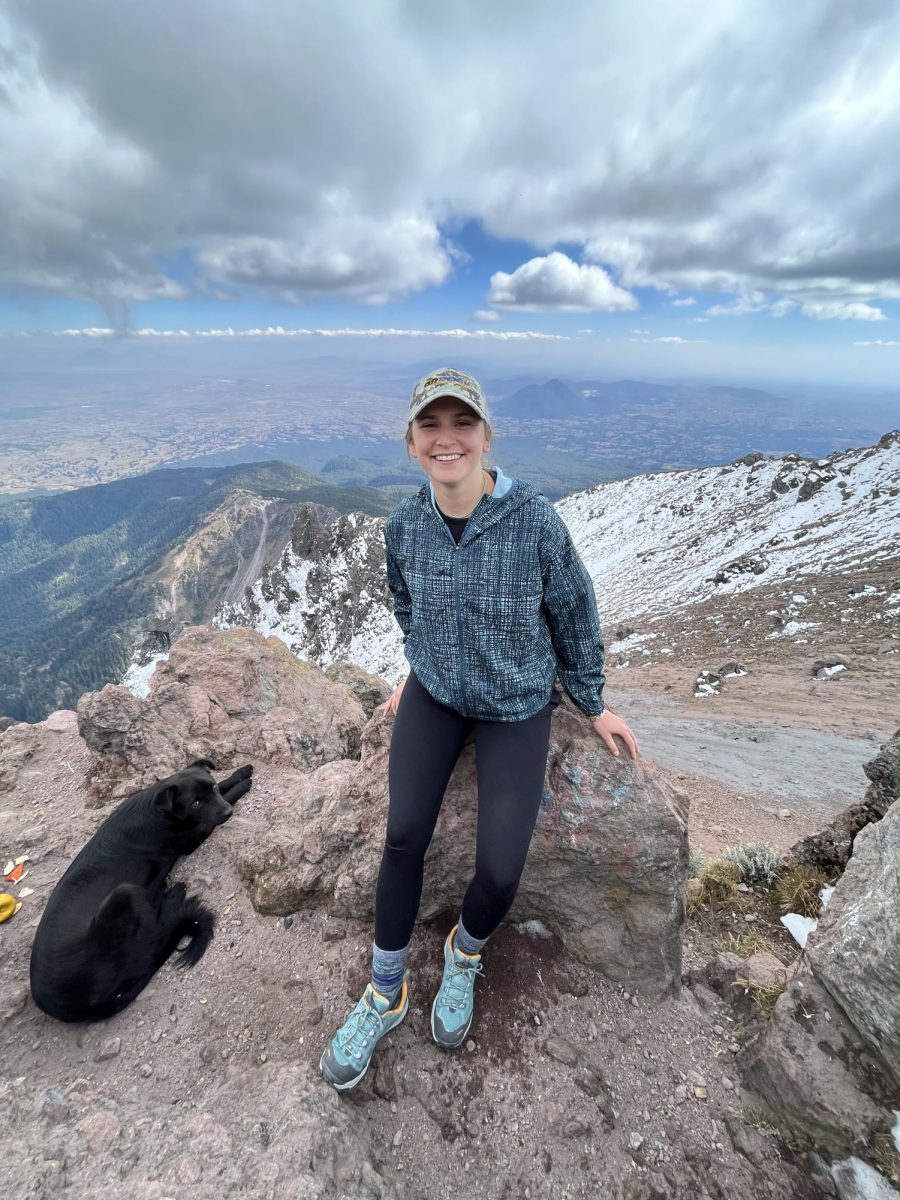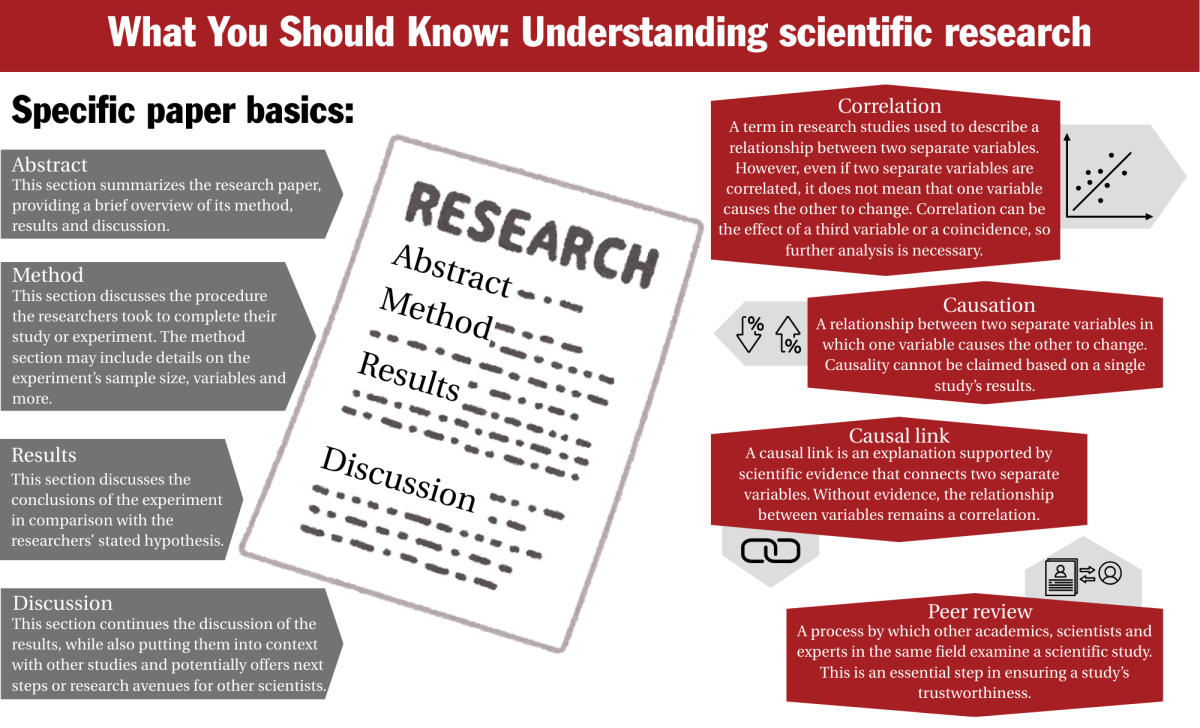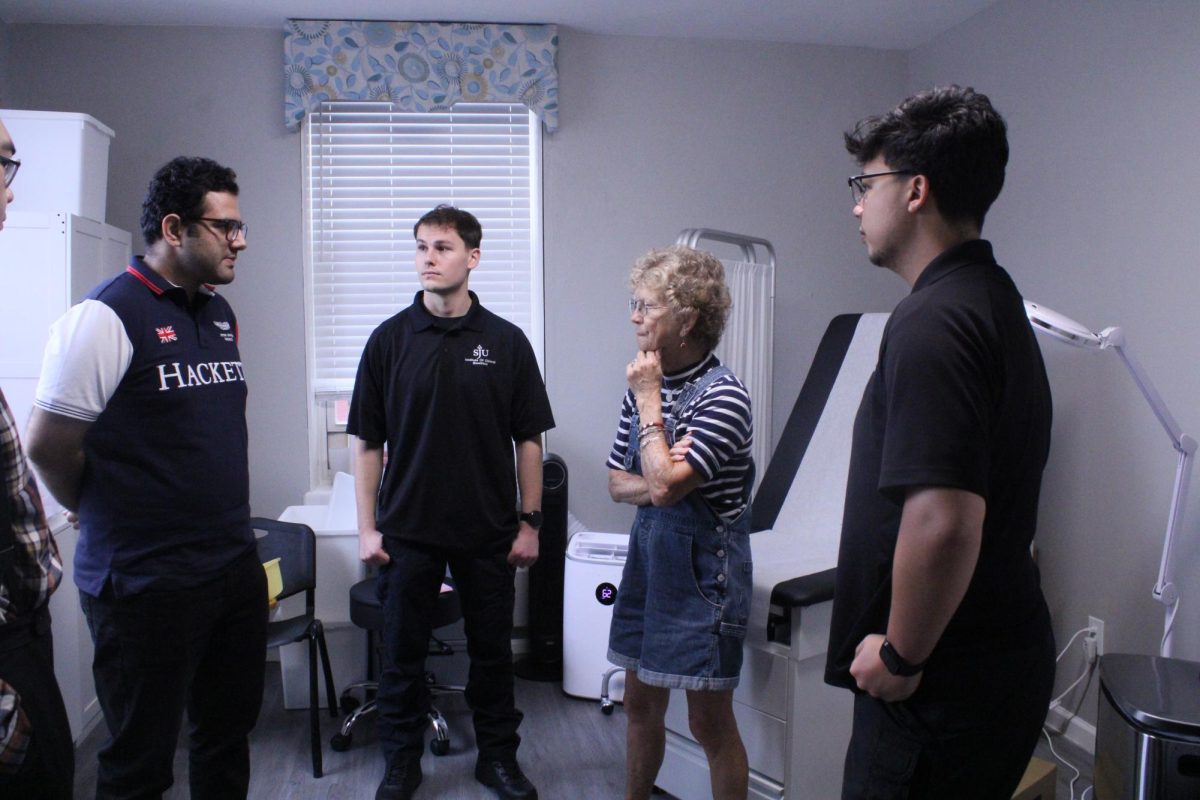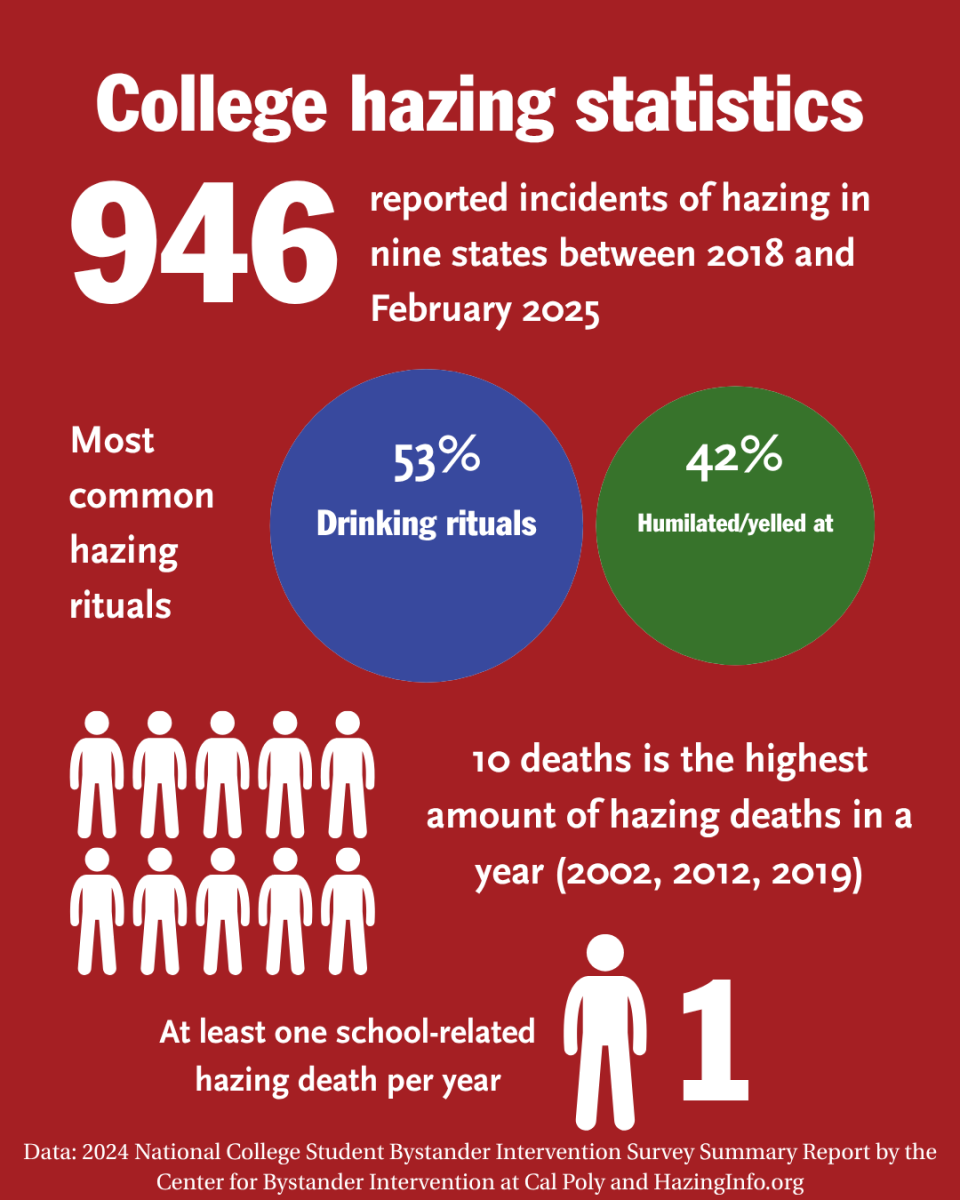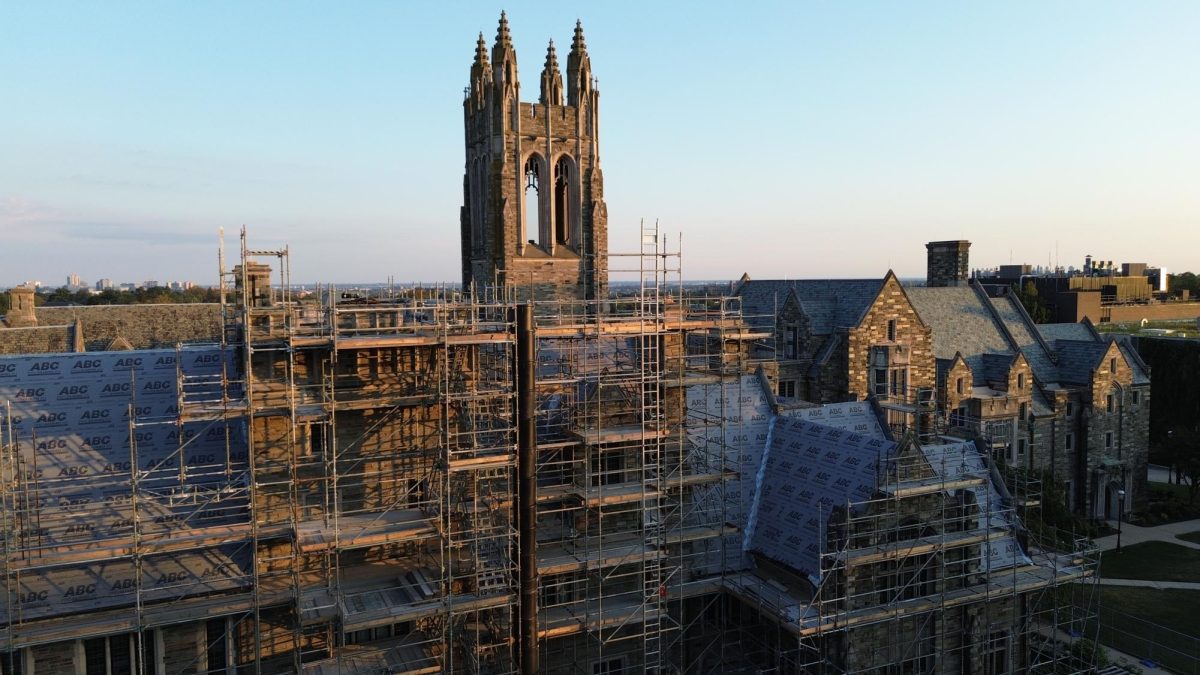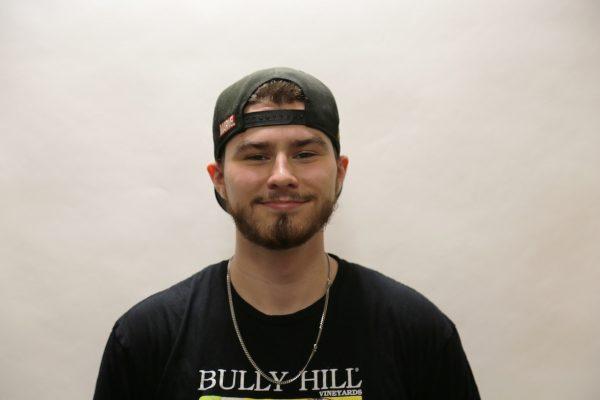Gabby O’Brien ’25 didn’t initially put the pieces together when she heard that the Trump administration had frozen funding to the U.S. Department of State’s Bureau of Educational and Cultural Affairs.
But O’Brien soon realized that the Feb. 15 freeze might impact her application to the Fulbright U.S. Student Program.
“It was one of those, ‘This is something that feels so far away from me, but, oh no, this actually could affect the program I’ve been applying for,’” said O’Brien, who is a 2025-2026 Fulbright semi-finalist to be an English teaching assistant in Italy.
The Fulbright Program was founded in 1946 with the purpose of encouraging positive international relations by sending students and professionals to over 140 nations to continue academic work, to complete research or to teach English abroad. It receives funding from Congress, which is distributed to the program by the State Department. The Fulbright Program also receives funding from other countries, higher education institutions, the private sector and more.
The Feb. 15 pause was only supposed to last 15 days, but it is still ongoing, according to the NAFSA: Association of International Educators. NAFSA Deputy Executive Director of Public Policy Jill Allen, MPA, announced in a March 12 update that only 15% of funding to grant recipients has been supplied by the State Department, affecting “programs, participants, and implementing partners,” including those involved with Fulbright.
In part due to the funding pause, the Institute of International Education, a nonprofit that administers study abroad opportunities including Fulbright, announced March 13 that employees working on programs reliant on the Bureau of Educational and Cultural Affairs funding would be furloughed.
“Numerous factors have limited our ability to retain full staffing levels, including delays and consistency in agreement modifications and payment processing delays,” the statement read. “However, we remain hopeful that this is temporary and that we will be able to resume full staffing levels soon.”
While St. Joe’s does not have Fulbright fellows abroad this year, scholars currently abroad with the Fulbright program have reported paused stipends as a result of the funding freeze. Funding for the Fulbright Program is used to pay a stipend for Fulbright recipients, which is meant to cover the basic costs of living in another country.
The Bureau of Educational and Cultural Affairs named St. Joe’s a Fulbright Top Producing Institution in 2023, a prestigious designation due to the significant number of grants St. Joe’s students were awarded. This year, four St. Joe’s students were named semi-finalists. While decisions are usually made by mid-March, said Enrique Téllez-Espiga, Ph.D., associate professor of Spanish and director of the Office of Fellowships, students were still awaiting final decisions as of press time.
Téllez-Espiga said in his nearly eight years of helping students with Fulbright applications, the program’s viability has never come into question until now.
“As of right now, there is no certainty that the program is going to happen next year,” Téllez-Espiga said.
Judith Walker ’25, a 2025-2026 Fulbright semi-finalist to Honduras, was attracted to the program as a way to improve her proficiency in Spanish. Walker said being a better Spanish speaker will help her communicate with the U.S.’s growing Hispanic population in her future career in medicine.
Walker said the funding freeze hasn’t changed her opinions of the program, but it has made her concerned.
“It definitely worries me, as a possible Fulbright Scholar, to know that there’s some instability right now within the government and funding for these programs,” Walker said.
Colin Cooper ’25, a Fulbright semi-finalist to Spain, stressed the importance of being global citizens and said without federal programs, it may not be possible for students to experience other cultures.
“You can spend your whole life traveling around the country that you’ve been born in or have grown up in or live in now without fully ever experiencing another culture internationally” Cooper said. “So, I think that it’s important that everybody does that to some extent.”
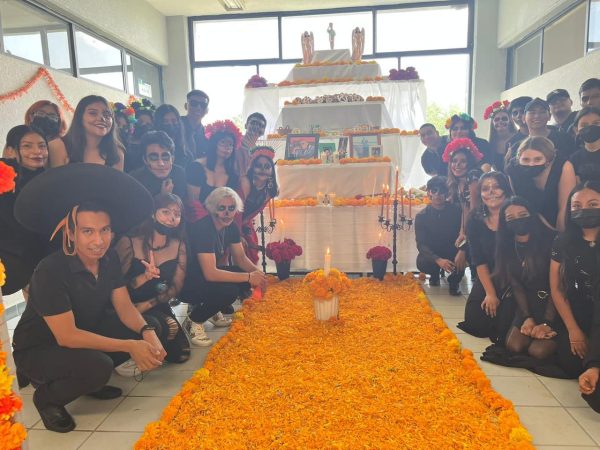
Madde Guerke ’21 was a Fulbright award recipient for the 2022-2023 academic year and traveled to Mexico as an English teaching assistant. Guerke said her time in the program was an “invaluable experience,” and that these opportunities are mutually beneficial for both grant recipients and the communities to which they travel.
“It really is a form of cross-cultural diplomacy, in a super informal way,” Guerke said. “It’s a way to build connections across countries, and it’s a loss for everybody involved [if] people aren’t going to be able to experience that.”
Allie Miller ’24 said they applied to Fulbright as an English teaching assistant in Spain late in the process relative to other applicants. While the funding freeze has left Miller anxious and upset, Miller considers themself lucky compared to other Fulbright applicants because they’ve also been applying to other programs.
“People are talking about how if Fulbright is suspended, they don’t have anything next for them,” Miller said.
Another federally-funded opportunity, the Benjamin A. Gilman International Scholarship program, founded in 2001, offers up to $5,000 for those who are Pell Grant-eligible to encourage students from low-income backgrounds to study abroad.
Téllez-Espiga said Gilman’s current insecurity mostly affects students from lower socioeconomic backgrounds whose parents cannot afford to pay for them to study abroad; a group that is already underrepresented in study abroad.
“As it usually happens, the groups that have been underrepresented are going to continue being underrepresented,” Téllez-Espiga said.
As a political science major with aspirations to work in international public policy, O’Brien said the instability surrounding Fulbright has only emboldened her desire to take part in the program.
“It’s definitely scary when the government is seeming like they really want to hold those things back,” O’Brien said. “But I feel more motivated now than I was before to be a really small part in allowing that cultural exchange.”
Alex Andahazy ’25 contributed to this story.















































